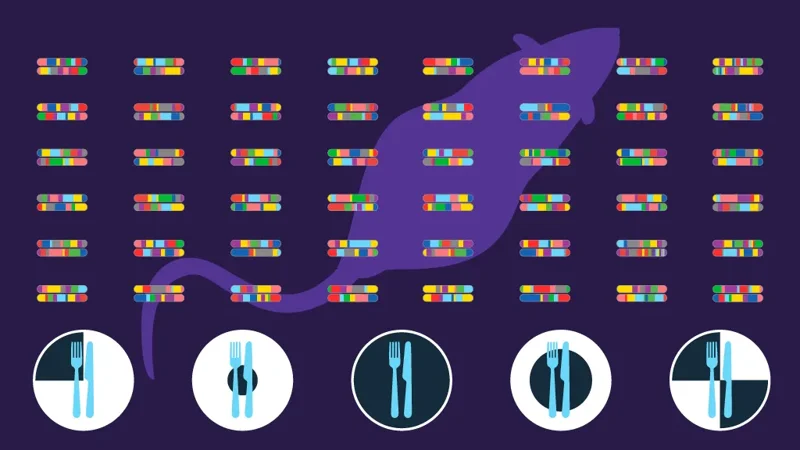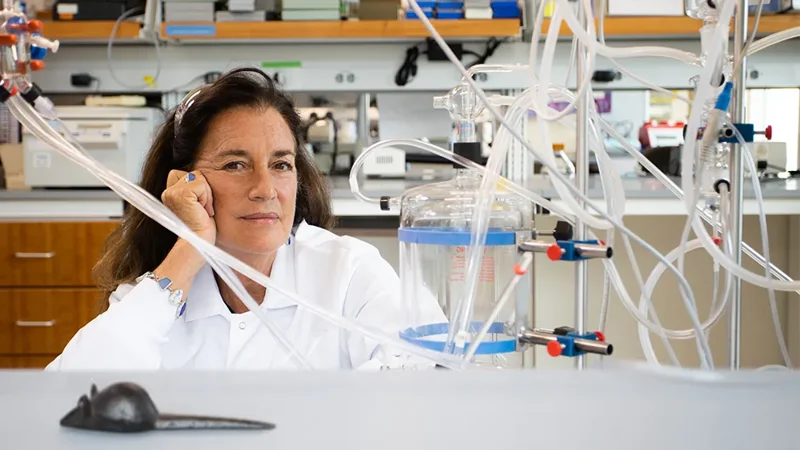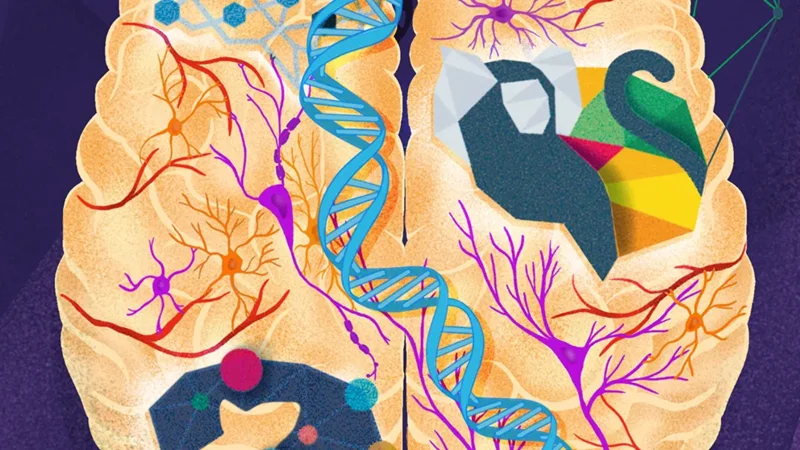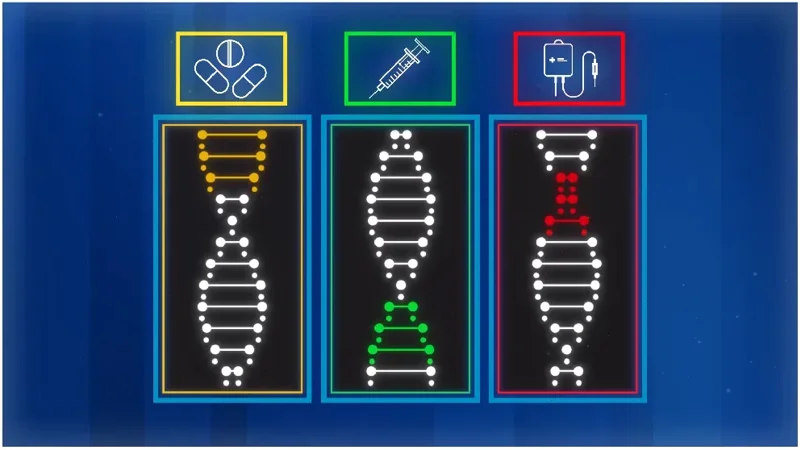Tools for automatic glomerulus identification and histological quantification from scanned PAS slides
Tools for automatic glomerulus identification and histological quantification from scanned PAS slides
Histological scores could be used, in combination with other physiological measures, to significantly advance renal research. However, the available methods to score histological samples, specifically glomeruli, do not allow for collection of this necessary data in a high-throughput and consistent manner. Neither untrained individuals nor computers are presently capable of identifying glomerular features, thus expert pathologists must do the identification by eye and score the result in a categorical matrix, complicating statistical analysis. We have developed a method, utilizing free existing software, that can automatically identify and score glomeruli. This method is usable without extensive image analysis training, can be applied to many varying data sets, and allows for fast glomerular identification and quantitative measurements of glomerular features. The GitHub directory below contains the instructions and scripts to set up the pipeline

Researchers at The Jackson Laboratory conduct pivotal study into aging and lifespan to uncover new details about how diets might make people live longer — but also their negative side effects.

How working with genetically diverse could revolutionize our understanding of human disease and treatment.

Diverse mouse models show promise in how we understand and treat diseases, offering a significant improvement over standardized but limited mouse and cellular models.

Mice don’t get Alzheimer’s—and while that’s good news for mice, it’s a big problem for biomedical researchers seeking to understand the disease and test new treatments. Now, researchers at The Jackson Laboratory are working to create the first strain of mice that’s genetically susceptible to late-onset Alzheimer’s, with potentially transformative implications for dementia research.
Charles Lee is leading efforts to uncover structural variations in the human genome through The Human Genome Structural Variation Consortium, a global team of 130 scientists. They are developing advanced computational methods to better understand the human genome, particularly the hard-to-sequence areas like the tightly coiled centers of chromosomes and repetitive DNA regions. With an $8.9 million grant from the National Human Genome Research Institute, Lee and his team are creating new tools to analyze these regions, aiming to link structural variations to human diseases.
View more
Leading with compassion, Elizabeth Charnysh represents a team of genetic counselors established seven years ago as part of a comprehensive strategy to study the impact of genomic medicine research on human health.
View more
Genetic testing is a powerful tool in the fight against cancer, playing a crucial role in both prevention and personalized treatment. But what exactly are the different types of genetic tests, and how do they help?

Explore five research tools and methods that didn't exist ten years ago that could be medical game changers.
View more